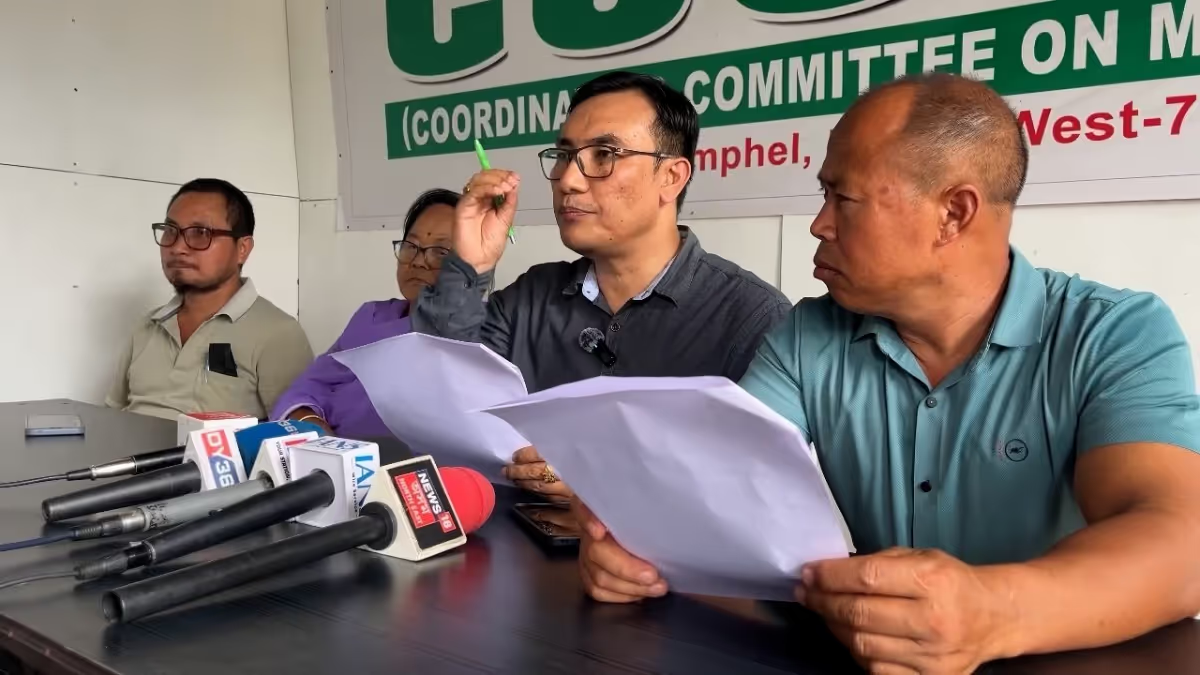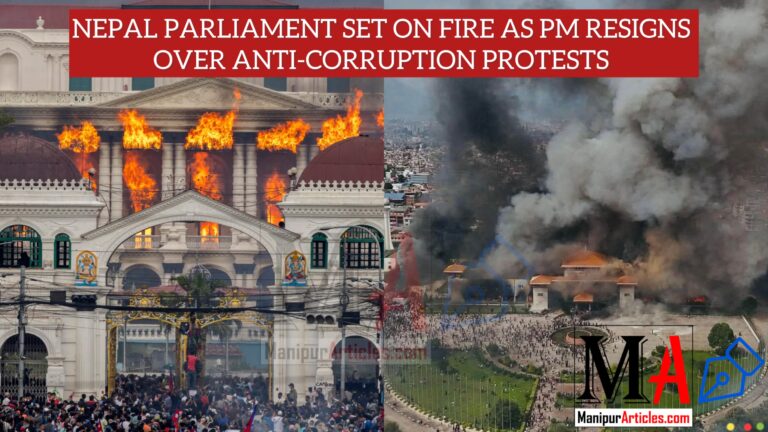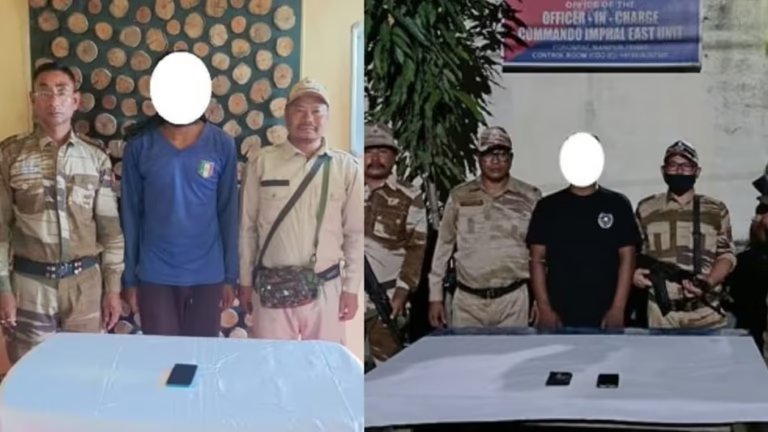Manipur: COCOMI Rejects Independent People’s Tribunal Reported
Short summary (news in one paragraph):
The Coordinating Committee on Manipur Integrity (COCOMI) has strongly rejected the Independent People’s Tribunal (IPT) report released by the People’s Union for Civil Liberties (PUCL), calling it biased, misleading, and politically engineered to delegitimize the Meitei community while appearing to validate separatist narratives and narco-terrorist groups. COCOMI convenor Khuraijam Athouba said the IPT misstates legal facts (including an alleged High Court direction on recommending Scheduled Tribe status for Meiteis), reverses the verified chronology of violent incidents, and selectively omits armed Kuki/Chin groups implicated in hill violence — concluding that the report undermines peace, national security, and reconciliation in Manipur.
What COCOMI said — the core of their rejection
COCOMI’s public rejection centers on several linked accusations:
- The IPT report is “biased, misleading, and politically engineered,” purporting to vilify the Meitei community while portraying Chin-Kuki groups in a sympathetic light.
- The IPT allegedly misrepresents legal history by claiming the Manipur High Court directed the State Government to recommend Scheduled Tribe (ST) status for Meiteis — a claim COCOMI says is false and legally impossible.
- The committee says the IPT reverses the chronology of violence (claiming Kukis were attacked first in the valley) despite photo and video evidence, according to COCOMI, which shows Meitei homes in Torbung-Kangvai were attacked earlier and retaliation happened later that evening.
- The report is accused of omitting references to several Kuki/Chin armed organizations (ITLF, COTU, Kuki Inpi, among others) while disproportionately naming Arambai Tengol and Meitei Leepun, thereby skewing responsibility.
- Finally, COCOMI says the IPT appears to endorse a “de facto ethnic partition” narrative and, by doing so, legitimizes separatist demands — a move COCOMI labels as endangering national integrity.
Understanding the players: who’s who
Let’s unpack the main actors so the argument doesn’t feel like alphabet soup.
- COCOMI (Coordinating Committee on Manipur Integrity): A coalition that presents itself as defending the territorial and constitutional integrity of Manipur, vocally pro-Meitei in many of its stances. It acts as a civic mobilizer and public voice in valley communities.
- PUCL (People’s Union for Civil Liberties): A long-standing human rights organization in India that organizes independent tribunals and fact-finding missions. The IPT in question was released under this umbrella.
- IPT (Independent People’s Tribunal): Typically, these tribunals collect testimonies, inspect sites, and produce reports on rights violations. Their findings carry moral and advocacy weight more than legal force.
- Local armed/societal groups referenced (Arambai Tengol, Meitei Leepun, ITLF, COTU, Kuki Inpi, etc.): These are community organizations and, in some cases, groups with alleged or admitted militia or political wings. Accusations about who did what during bouts of violence often revolve around such organizations.
(FAQs)
Q1: What is the IPT report and who produced it?
A1: The IPT (Independent People’s Tribunal) report was produced under the aegis of the People’s Union for Civil Liberties (PUCL), which organizes independent fact-finding missions and tribunals to document human rights concerns. The report discussed events and allegations arising from recent ethnic violence in Manipur.
Q2: Why did COCOMI reject the IPT report?
A2: COCOMI called the report biased, misleading, and politically motivated. Their criticisms include alleged misstatements of legal facts (e.g., an incorrect claim about Manipur High Court directives), a reversed chronology of violent incidents, omission of certain armed groups from the report’s findings, and an impression that the report legitimizes separatist agendas
Q3: Does the IPT report have legal force?
A3: No — independent tribunals like the IPT usually produce moral and evidentiary reports that are used for advocacy, public awareness, and sometimes as supplementary material in legal actions. They do not have judicial authority to issue binding orders.
Q4: Could this dispute affect the return of displaced people?
A4: Yes. Narratives that portray entire communities as aggressors or victims can either facilitate return (if protection is guaranteed) or hinder it (if people feel unsafe). COCOMI states many from Kuki-Zo communities are returning to Imphal, though some remain threatened.
Q5: What would help resolve disputes about reports like this?
A5: Transparency in methodology, joint review mechanisms, multisectoral dialogues, independent verification of multimedia evidence, and prompt legal investigations can reduce polarization and build trust in findings.




